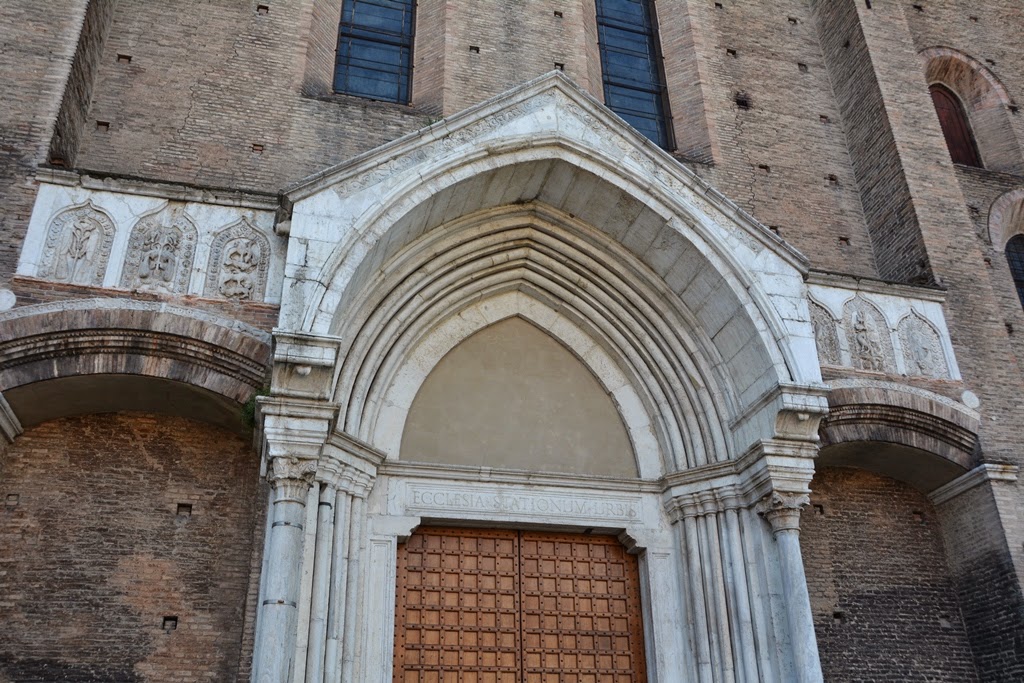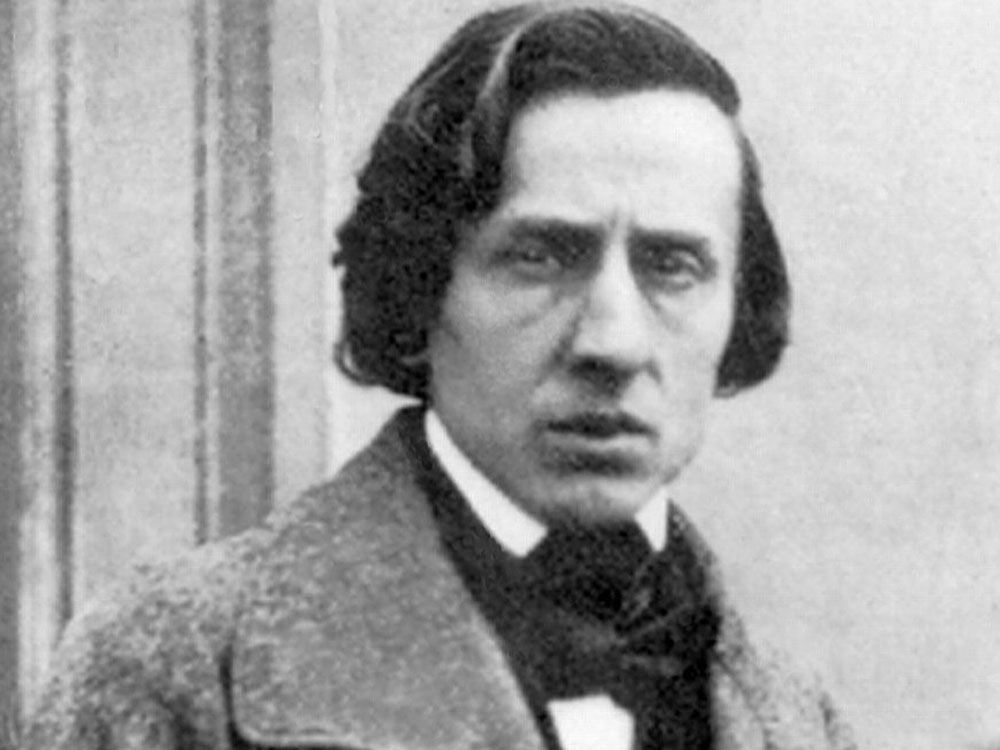New Release: Shai Wosner’s “Impromptu”
In music, an “impromptu” is a short solo work which suggests the qualities of an improvisation. Impromptu is the title of a new album by Israeli-born pianist Shai Wosner. The recording, released on the Onyx Classics label, features music by composers ranging from Beethoven, Schubert, Chopin, and Liszt to Ives and Gershwin. The Ives, set in three movements, are literal improvisations which were recorded and later notated. Gershwin’s charming and soulful Impromptu in Two Keys pulls …







